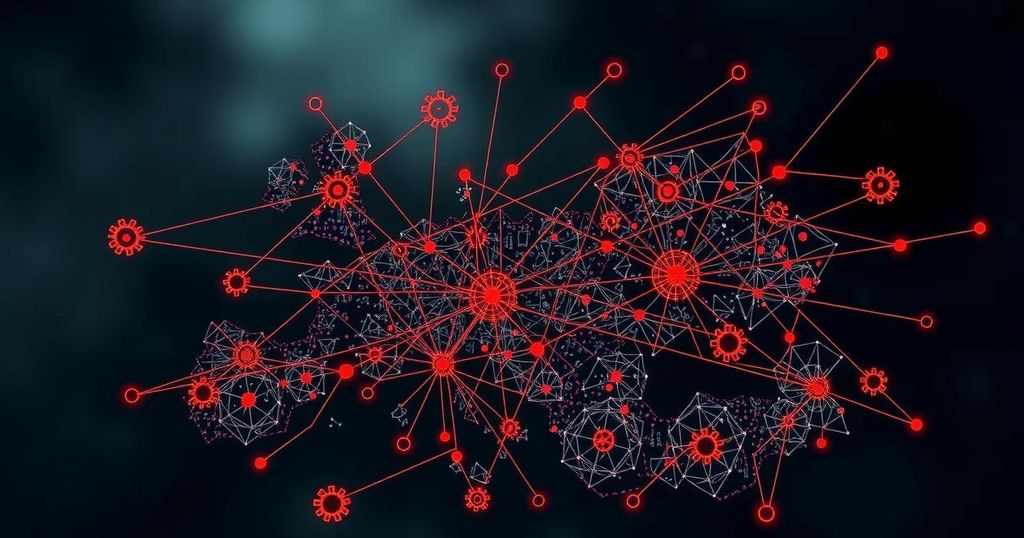From Namibia to Gaza: Germany’s Complicity in Contemporary Genocide

The article examines Germany’s current political support for Israel amid allegations of genocide in Gaza and Lebanon. It discusses the extensive civilian casualties and the resulting protests across Europe, particularly in Germany, where police repression of dissent has occurred. The comments from German officials, which appear to justify violence against civilians, have drawn criticism and accusations of complicity in genocide, linking today’s actions to historical atrocities committed by Germany.
Germany’s historical relationship with genocide is once again drawing scrutiny in light of its support for Israel amid the ongoing conflicts in Gaza and Lebanon. Despite international outrage over Israel’s actions, particularly the extensive civilian casualties in Gaza, German officials have articulated positions that many interpret as endorsing or excusing these actions. The Israeli army has intensified its operations, resulting in a staggering death toll of over 42,600 Palestinians since the onset of renewed hostilities, alongside rising fatalities in Lebanon. Protests have erupted across Europe, including in Berlin, where demonstrators voiced their condemnation of Israel’s military actions. In response, German police used force to disband protests while the German Foreign Minister faced backlash for suggesting that Israel’s military actions, which have disproportionately affected civilians, were justified in self-defense. This rhetoric mirrors historical patterns of justifications for violent actions against populations deemed as threats. Initial remarks made by Prime Minister Netanyahu connect the deaths of Hamas leaders to potential resolutions to the conflict, further fueling tensions. Protesters across various European countries have called for an arms embargo against Israel, emphasizing the need for accountability for what is described as genocidal actions in both Gaza and Lebanon. The global community, including entities like the International Criminal Court, continues to challenge Israel’s military strategies, with calls for investigations into alleged war crimes. The ongoing support from Germany and other Western nations is seen as complicity, drawing parallels to past atrocities, including Germany’s own colonial history of genocide in Namibia during the early 20th century.
The article discusses the contemporary implications of Germany’s political stance on the Israeli-Palestinian conflict, particularly in relation to accusations of genocide in both Gaza and Lebanon. It highlights the rising civilian casualties in these regions due to military actions by the Israeli state, juxtaposed with widespread protests demanding an end to such violence. The protests in Germany and other European nations reflect growing dissent regarding governmental support for Israel’s military efforts, which are widely criticized for targeting civilian populations. The piece also argues that Germany’s historical complicity in genocide frames its current actions as part of a troubling legacy.
In summation, Germany’s foreign policy regarding the Israeli-Palestinian conflict has sparked significant controversy and raised ethical questions about its role in enabling actions perceived as genocidal. The scale of civilian suffering in Gaza and Lebanon has mobilized protests across Europe, calling for accountability and an end to military support for Israel. As the international community grapples with the implications of these conflicts, Germany’s historical precedents underscore the importance of examining current policies within the context of past atrocities.
Original Source: www.tehrantimes.com








